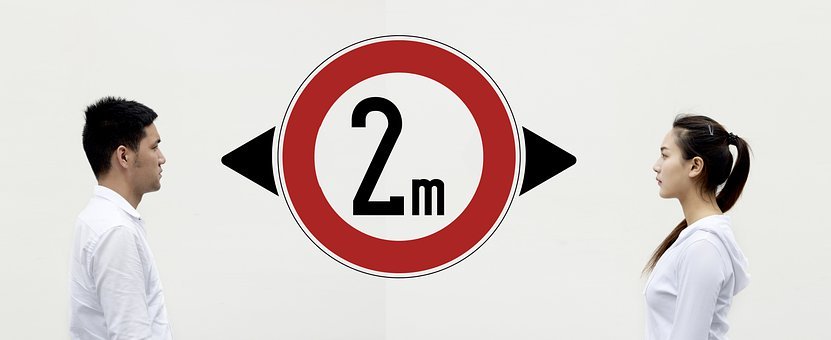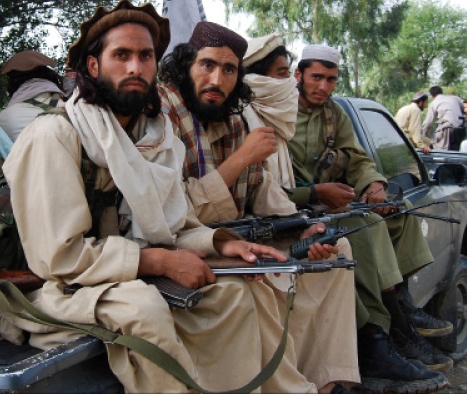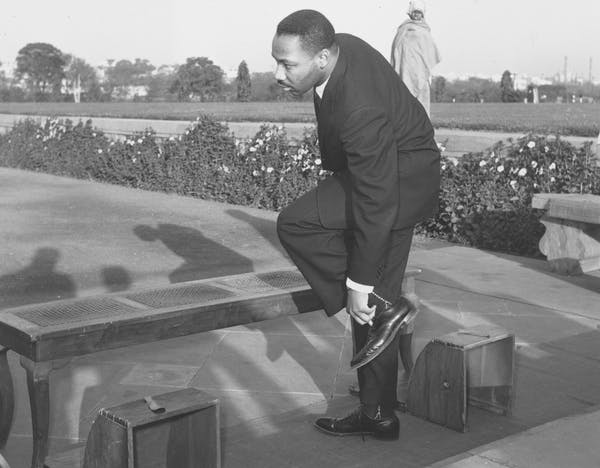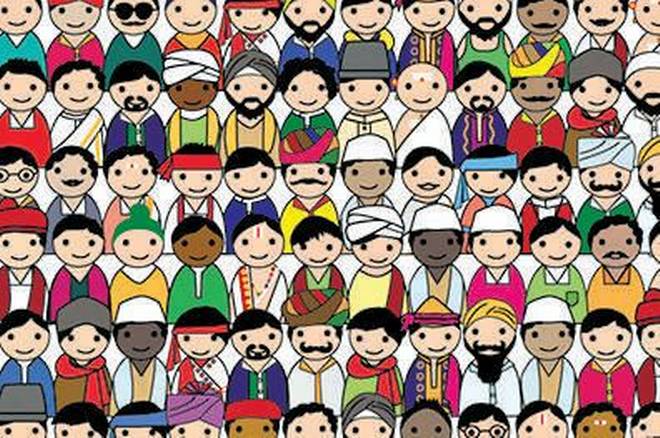Apart from taking the world by storm, COVID-19 has managed to turn us into paranoid, anxious, and insecure individuals. Believe it or not, each one of us has begun to exhibit symptoms of debilitating mental health if not cold, cough, fever, and difficulty in breathing. We are worried and scared all the time. Be it the flooding WhatsApp images and videos or the alarming ‘corona bulletins’ on TV channels, each is only making our home stays more and more unbearable. People are becoming merely numbers – so many lakhs infected, so many thousands dead, and so many hundred recovered. For the first time in our lives, so many of us do not want to know the news anymore. The whole world is in shock and trauma. The other day while withdrawing money from an ATM, I happened to cough a bit. The person standing in the queue recoiled and quickly went as far as possible from me. I felt so embarrassed as though I had passed the virus on to him.
The way things are progressing, it is highly likely that the lockdown would be extended well beyond 21 days. Hoping that the day we resume our normal lives comes soon, I wonder – how will the post-COVID world look like?
Women will breathe
The already disproportionate burden of unpaid care work that women perform in the household has increased more than ever since the world came to a halt. With children no longer going to school, husbands working from home, and domestic helpers no longer allowed to enter the premises, women’s work has mounted out of proportion. Things are worse for working women who have to work from home as well as work at home with little or no contribution to housework coming from other members.
Once the lockdown is lifted, women will be able to heave a long sigh of relief. They will be able to catch a short afternoon nap once their children are gone to school and husbands are gone to work. They will reclaim their lost freedoms of being able to talk on the phone. They will be able to meet their friends once they go to the market to buy vegetables. They will resume their yoga or Zumba classes in the park and go out on the streets once again. Interestingly, men all over the world are now getting a taste of their own medicine. They are being asked to stay locked indoors at home ‘for their own safety’, something women have been hearing ever since the public and private spheres came to be separated.
Keep safe distance
What will happen when we meet our near and dear ones after ages? Once we see them again, will we be able to hug a close friend without hesitating for a brief instance? Will ‘no handshake, namaste only’ become the new norm? What about public transport in our busy metropolitan cities? When the erstwhile overcrowded local trains of Mumbai are back on tracks, will the commuters continue to observe social distancing and not hang out of the jam-packed compartment? What about buses? If someone happens to sneeze or cough on a flight, would that passenger be deplaned in view of ‘public safety’?
Stigma and exclusion
Will we be able to meet and greet each other as we did, without thinking twice? Will the survivors who recovered and the medical staff who treat COVID-19 patients be accepted by their local communities? Would they face ostracism and stigma, or would they be welcomed by banging pots and clanging dishes? Would it be possible to make a new beginning, leaving the past behind?
When universities resume, would those coming from COVID-19 hotspots be subjected to stern looks and questions and viewed as carriers of the virus? Would we be too scared to share food, plates and spoons – would we no longer engage in everyday acts of eating together? Would we rush to the doctor as soon as we run a temperature? Would we immediately distance ourselves if someone coughs or sneezes, making all our social interactions very awkward?
More importantly – will we ever take out our masks, given that most of us are wearing more than one?













